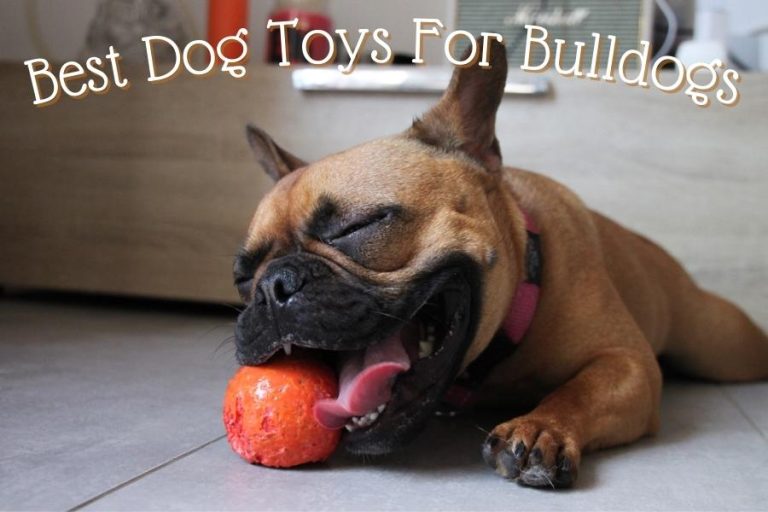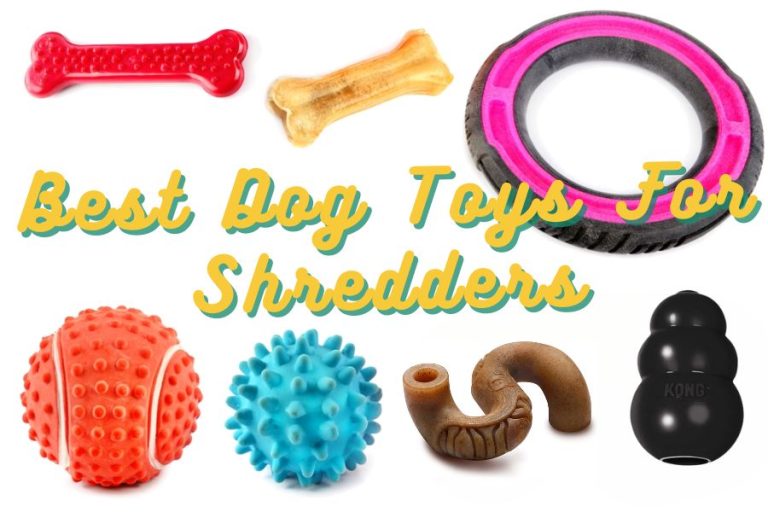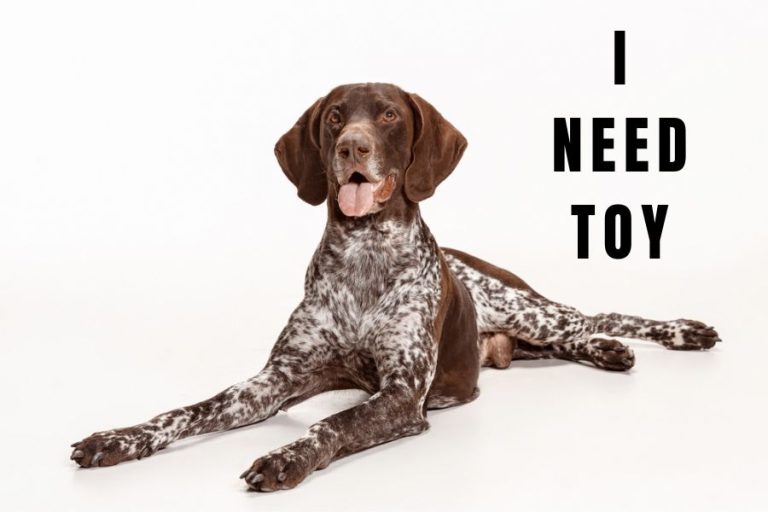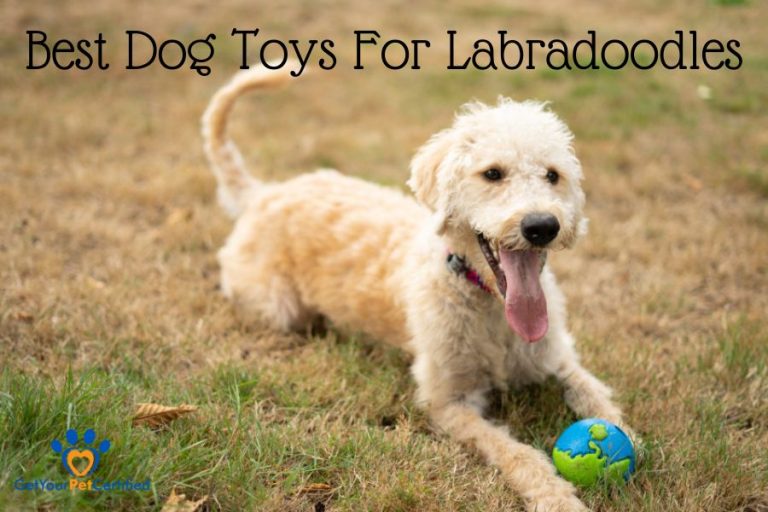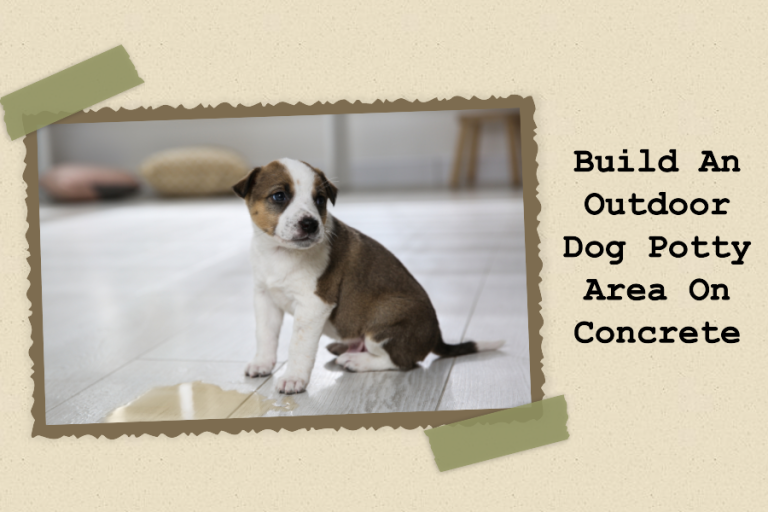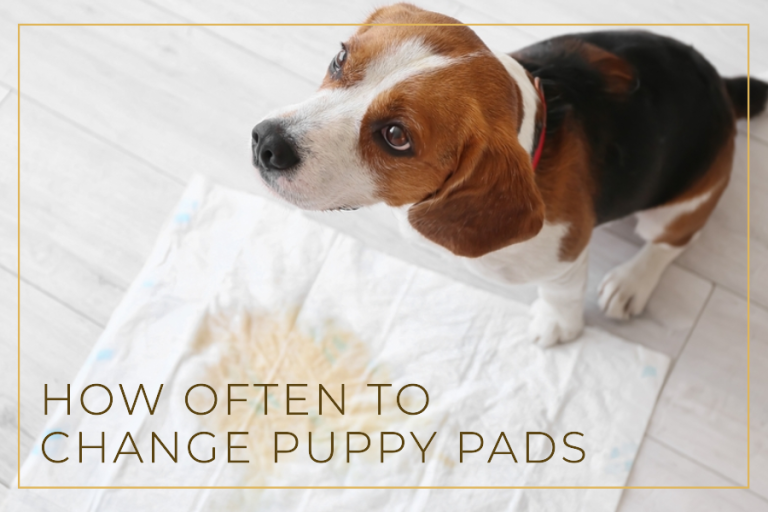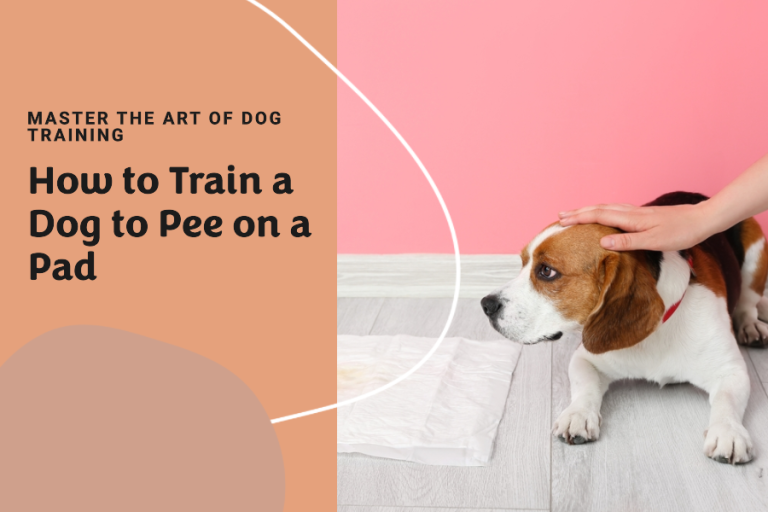Are Squeaky Toys Bad For Dogs?
Dog toys these days have a lot of exciting features that we can expect to keep our dogs engaged. One feature that dogs find interesting is the toy’s ability to make a squeaky sound. Squeaky toys are toys that can make a musical, high-pitched sound.
The question arises: Are squeaky toys bad for dogs? Could these stimulating traits pose any potential risks to our beloved dogs? In this article, we’ll look at the possible drawbacks of squeaky toys for dogs.
Squeakers in Dog Toys: What Are They?
Let’s talk about what squeakers do in dog toys and why dogs usually chase after them.
What are squeakers in dog toys?
Squeaky toys have become popular among pet owners. Squeaky toys feature a squeaker, which is a small, air-filled device. By compressing air through a small opening, this squeaker creates a high-pitched sound that is funny and appealing to every dog.
Because the high-pitched sound is similar to that of prey or other animals. So the dog can’t resist finding and “destroying” this little squeak. As a result, squeaky toys make our dogs chase, pounce, and play, so it typically means more exercise and fitness for dogs.
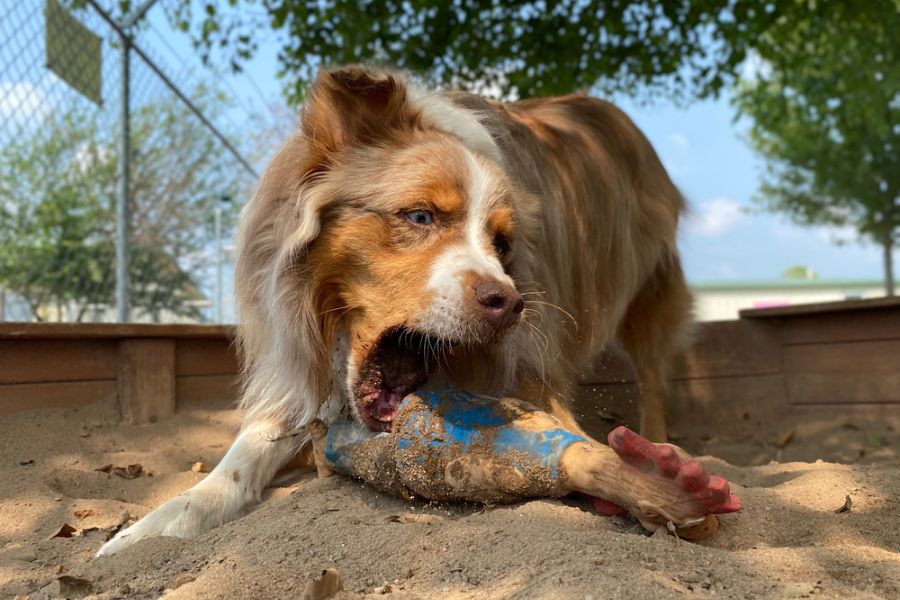
Squeakers can come in handy in many kinds of toys, including chew toys, plush toys, balls, and even some puzzle toys.
Chew toys with squeakers are typically composed of a tougher material. Squeakers in stuffed toys, on the other hand, will feature a small pouch so that if the toy breaks, dogs will not easily ingest it.
Squeaky Toys Benefits
Squeaky toys’ interactive nature can encourage a dog’s mental faculties, keeping their minds active and engaged.
The squeaky toys will urge your dogs to chew more and more, and the gentle pressure that comes from constant chewing helps dogs having trouble with their mouths or teething feel better. Chewing on the toy helps get rid of plaque and tartar buildup on dogs’ teeth and gums.
Read more: What to do for a dog that likes to shred?
Are Squeaky Toys Bad For Dogs?
Squeakers do not necessarily cause great health problems because it is just the physical part that creates the sound effect, not the taste or anything else linked to the digestive system. But if you don’t handle things carefully, your dog can still suffer in different ways.
Squeakers are very easy to break
Squeaky toys are a favorite among pet owners, but it’s worth thinking about how long the squeaker will last. Dogs have a lot of fun with squeaky toys, but the squeakers usually break and malfunction sooner than imagined.
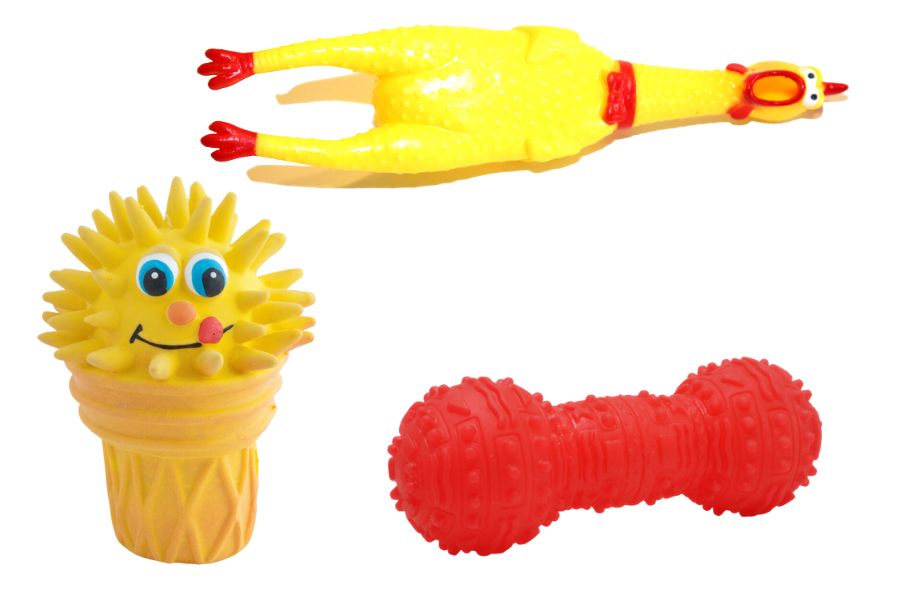
Because they are frail, small, air-filled layers, rough play can cause pieces to break off and make the squeakers stop working. These squeaky toys usually make a lot of pet parents feel like they have wasted their money.
Dangers of choking and allergic responses
Dogs, especially those with destructive behaviors, can chew on squeaky toys to the point where they are damaged. The squeakers can be pulled out and broken into small pieces that dogs can eat and choke on.
The squeaker is usually made of rubber or plastic. These rubber or plastics are usually treated with chemicals to help create a better squeaky sound effect. If a dog touches or ingests them, they can have serious issues like irritation, itching, and other allergies.
Excessive noise and anxiety

Squeaky sounds are what make toys so appealing to dogs. However, loud noises can cause anxiety and stress if your dog plays with them uncontrollably. Also, the constant squeaking is really annoying to us and other family members.
There are so many better options for dog toys on the market out there. We are glad to share with you these best toys for aggressive chewers that will satisfy your puppy.


